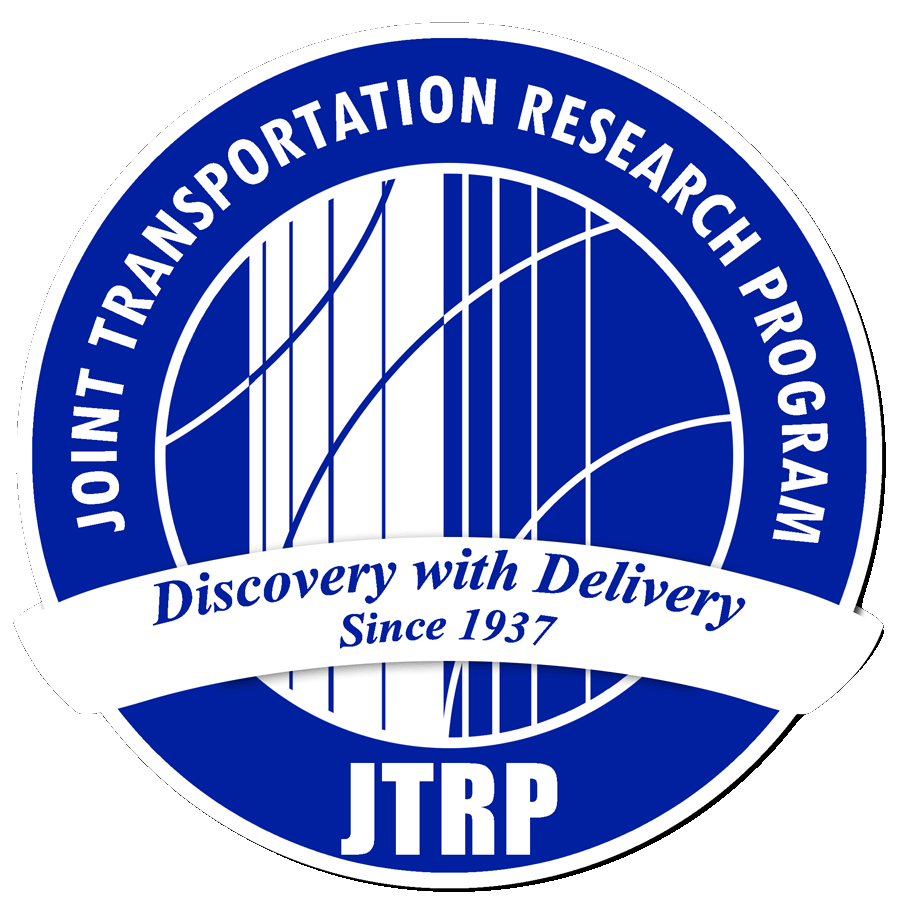Abstract
This Synthesis Study gathered the current knowledge on the topic of Intelligent Compaction and provides INDOT with recommendations for action. It appears that totally embracing this technology at this time is premature. On the other hand, it also appears that prudent use of this technology could provide tremendous benefit-to-cost ratios over the long term and position Indiana as a leader among the States in adopting it. After examining the technological developments over the last decade it is concluded that Intelligent Compaction is a near certainty in the future. The big question is: When is the right time to begin working on it? The answer is now! There is much activity in this area on the part of the FHWA and NCHRP. However, some major questions exist on which technology to adopt, how to accurately calibrate it, and what do the test results mean for design of pavements and other highway structures. Adoption of Intelligent Compaction will make obsolete current quality control processes that are principally based on spot tests that lead to delays in construction work, due to laborious testing and time lags from testing to having to be done in the laboratory or field office. Furthermore, these tests normally have a sample volume of about 1000 cm3, being an unreliable way to represent the compaction results of the entire worked area. A far more important consequence will be the increased uniformity of the compacted material. It can be argued that premature failures in pavements and embankments occur primarily from “pockets” of material with anomalous properties that create “weak links” or discontinuities which give rise to distress. Intelligent compaction could eliminate the existence of these. Continued use of current spot methods, even with heavily increased spatial frequency, will be neither foolproof nor economical. This report provides both short-term and long-term recommendations. The short-term recommendations are to modify existing INDOT specifications for proof-rolling to make them easier to interpret and consistent with other states such as Ohio, Minnesota, Wisconsin, New York, Arizona, Iowa, North Carolina and Colorado. The long-term recommendations are to INDOT are to participate in the pool funded project of FHWA. It also is recommended that the highway contractors of Indiana become involved to show them the benefits associated with the technology that will provide exceptional value to all who understand and make use of it.
Keywords
intelligent compaction, advance compaction technologies, quality assurance, quality control, continuous compaction control, SPR-2928
Report Number
FHWA/IN/JTRP-2006/10
SPR Number
2928
Performing Organization
Joint Transportation Research Program
Publisher Place
West Lafayette, IN
Date of Version
2006
DOI
10.5703/1288284313408
Recommended Citation
Zambrano, C., V. P. Drnevich, and P. L. Bourdeau. Advanced Compaction Quality Control. Publication FHWA/IN/JTRP-2006/10. Joint Transportation Research Program, Indiana Department of Transportation and Purdue University, West Lafayette, Indiana, 2006. https://doi.org/10.5703/1288284313408Project Number
C-36-36SS
File Number
4-14-44


